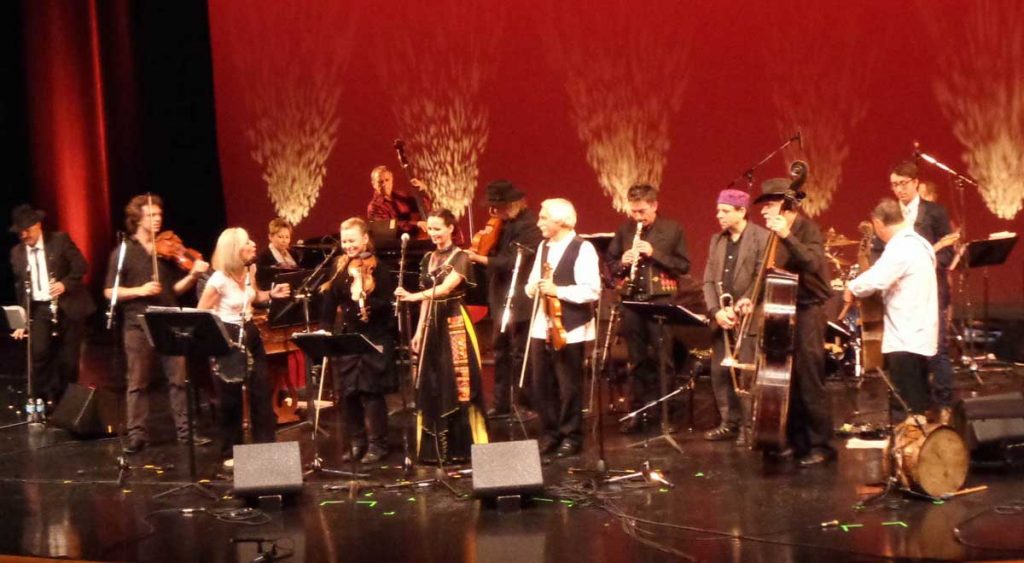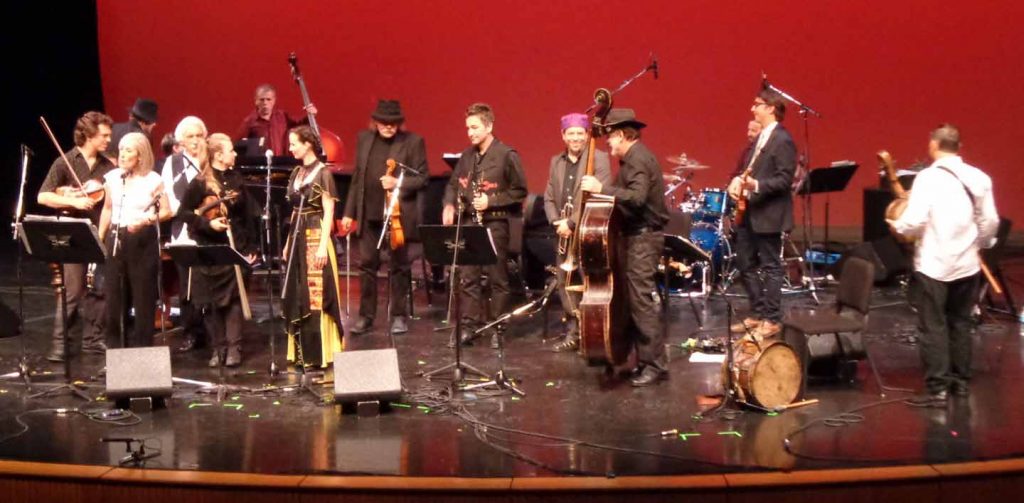June 29, 2015
By Kevin Burns
“The magnitude of the Holocaust, planned and carried out by the Nazis, must be forever seared in our collective memory…
With humanity still scarred by genocide, ethnic cleansing, racism, antisemitism and xenophobia, the international community shares a solemn responsibility to fight those evils…
We pledge to strengthen our efforts to promote education, remembrance and research about the Holocaust…”
Declaration of the Stockholm International Forum on the Holocaust
January 2000
In the first month of this millennium at a conference in Stockholm, representatives from 46 governments met to establish ways to remember the holocaust. The outcome of their meeting was an 8-point declaration that lead to the creation of an international governmental organization, the International Holocaust Remembrance Alliance. This year the government of Hungary is chair of the Alliance which now has 31 member countries, including Hungary and Canada. Dr. Bálint Ódor, Hungary’s ambassador in Canada, hosted a major commemorative event at the Canadian Museum of History in Ottawa, entitled Remembering Through Music.

In his opening remarks, Ódor explained the purpose of the event. “As the title of the concert is Remembering Through Music, let me first of all tell you that for Hungary the tragedy of the Holocaust remains a national trauma. Every third victim in Auschwitz was a Hungarian Jew. Close to half a million Hungarian Jews died there. About 560,000 Hungarian Jews were murdered during the Holocaust, most of them in 1944. This is one of the most shameful episodes of Hungarian history. Within a few weeks of the Nazi German occupation of Hungary Jews were herded into ghettos with systematic cruelty, then deported to Auschwitz with the collaboration of the Hungarian state’s administrative bodies.”
The concert was organized to reinforce three themes around which Hungary has built its program for the year as chair of the Alliance: Holocaust remembrance, the fight against anti-Semitism, and to remember that Roma were also victims of the Holocaust.
Some of the foremost klezmer and Jewish folk musicians in Hungary shared the stage with Canadian and American musicians to perform traditional Hungarian and international Jewish and Klezmer music. This is the music with roots in Central and Eastern Europe where Klezmer has been a musical tradition of the Ashkenazi Jews.
Following the opening remarks from the ambassador were speeches from Peter Munk, then former Minister of Justice and Attorney General, Irwin Cotler MP, and finally International Trade Minister, Ed Fast. Then the music began with the Ottawa Klezmer Trio led by Floralove Katz who founded the Ottawa Klezmer Band in 1978. For this evening three members of the Band: Floralove Katz on vocals, Natasha Guiller on piano, and David Renaud on clarinet − performed Yiddish theatre and art song as well as popular Hebrew songs.
Muzsikas is one of the pioneering world music ensembles from Hungary and a much-celebrated quartet of highly-skilled instrumentalists founded 40 years ago by Mihály Sipos with bassist Dániel Hamar, violinst László Porteleki, and multi-instrumentalist Péter Éri. They were joined by the celebrated vocalist and folk dancer, Ágnes Herczku for a program of traditional Hungarian folk songs and dances which had the capacity audience clapping along and even dancing in the aisles.
In his opening remarks the ambassador reminded the audience (which included ambassadors from Germany, Israel and Switzerland, and several parliamentarians) about remembering the past as a means of ensuring a future. “Having the 3rd largest Jewish community in Europe, the Hungarian government takes seriously the responsibility to foster Hungarian Jewish life and cultural heritage,” he said. “I am proud of the flourishing Jewish cultural life in Hungary. It clearly shows that Jewish life has a present and a future in Hungary.”
It was in this spirit of remembering the past with an eye on the future that The Glass House Orchestra took to the stage. Founded by the Grammy-Award winning Frank London of Klezmatics fame only a year ago, the Orchestra is an 8-member collective of celebrated musicians with origins from around the world: Béla Ágoston (Hungary) on winds, Pablo Aslan (Argentina) on bass, Aram Bajakian (Armenia) on guitar, Edina “Mókus” Szirtes [mókus means squirrell in Hungarian] (Hungary) on violin and vocals, Miklós Lukács (Hungary) on cimbalom, Jake Shulman-Ment (US) on violin, and Yonadav Halevi (Israel) on percussion.
Supported by the Balassi Institute and the Hungarian Cultural Center in New York, Frank London brought these musicians together, he says, in order to “present an image of the incredibly complex legacy of Jewish Hungarian culture, while also attempting to mark out a space for this legacy in the present, both in Hungary and the world over.”
The name London chose for this project, the Glass House Orchestra, comes from Üvegház, the building designated as consular “emigration” offices and eventually a safehouse by the Swiss diplomat Carl Lutz during the Holocaust in Hungary and which sheltered several thousand persecuted Jewish Hungarians. The Orchestra’s wide-ranging repertoire of klezmer, folk, and even opera melodies evokes the sounds of an earlier era and filters them through a very contemporary acoustic.
Two exhibitions in the lobby reinforced the focus of this event. The Swiss embassy set-up an exhibition about the wartime work of Carl Lutz and the Glass House building. A second exhibition, set-up by the Hungarian embassy, provides a history of synagogue architecture and use from 1782-1944 in East Central Europe, including many no longer in use. It also describes the joint “rescue” project of the Hungarian Jewish Cultural Association and the Government of Hungary to restore several Hungarian synagogues.
All three bands united for a final “jam-session” that brought the audience to its feet once more.
Later in the year Canada Hungary Education Foundation will sit down with Dr. Bálint Ódor for a one-on-one discussion about Hungary’s leadership in the International Holocaust Remembrance Alliance.

